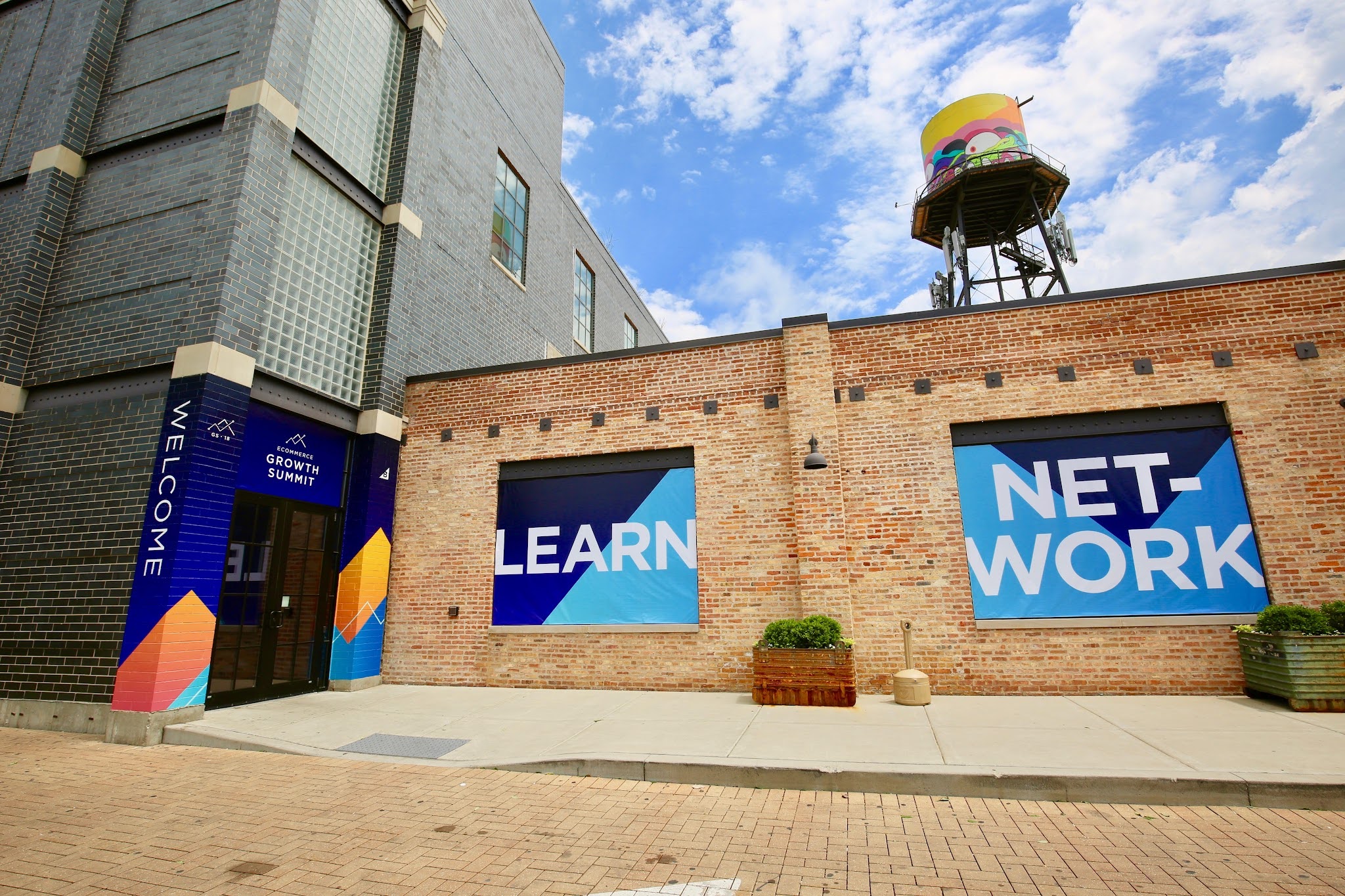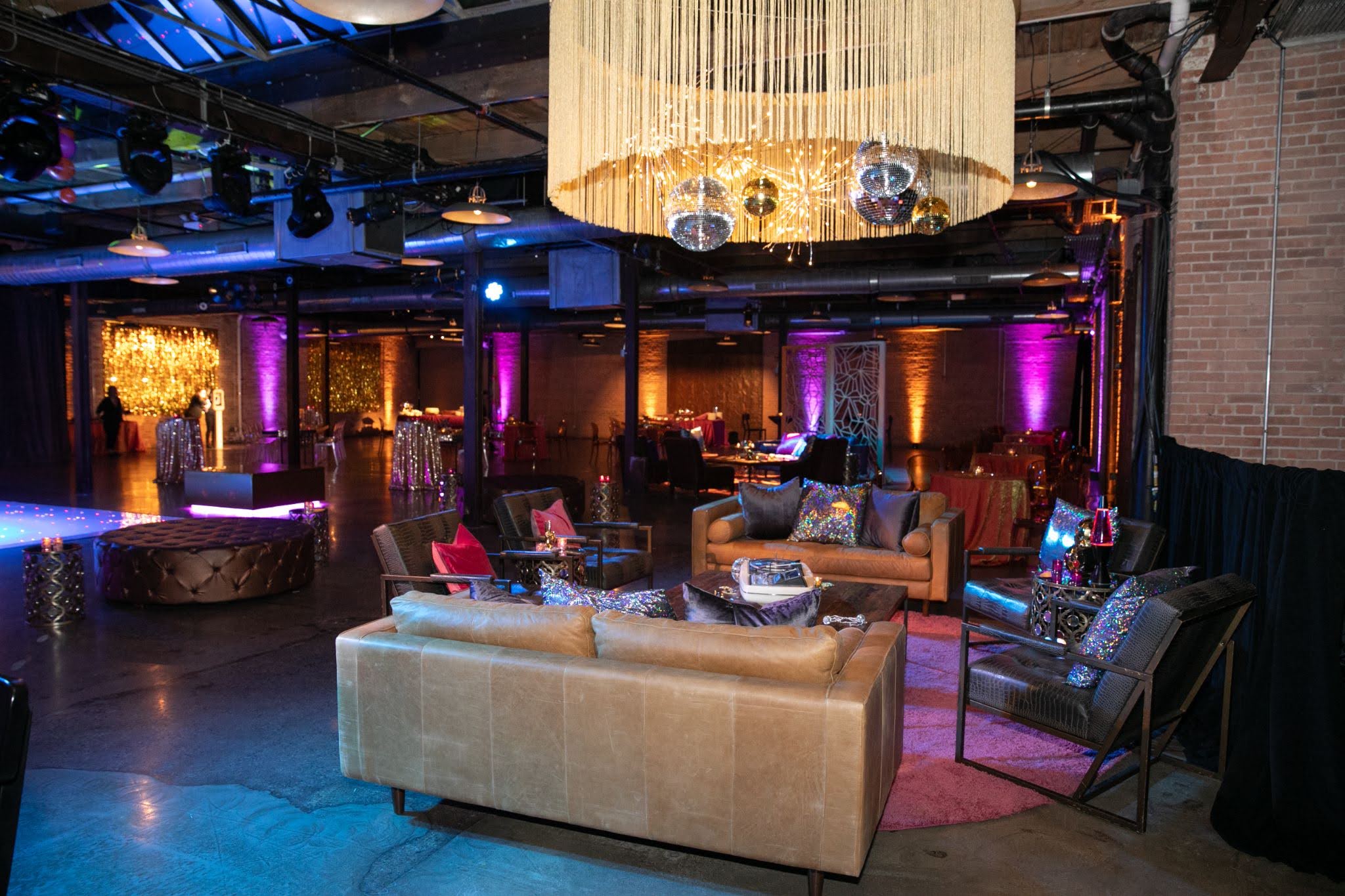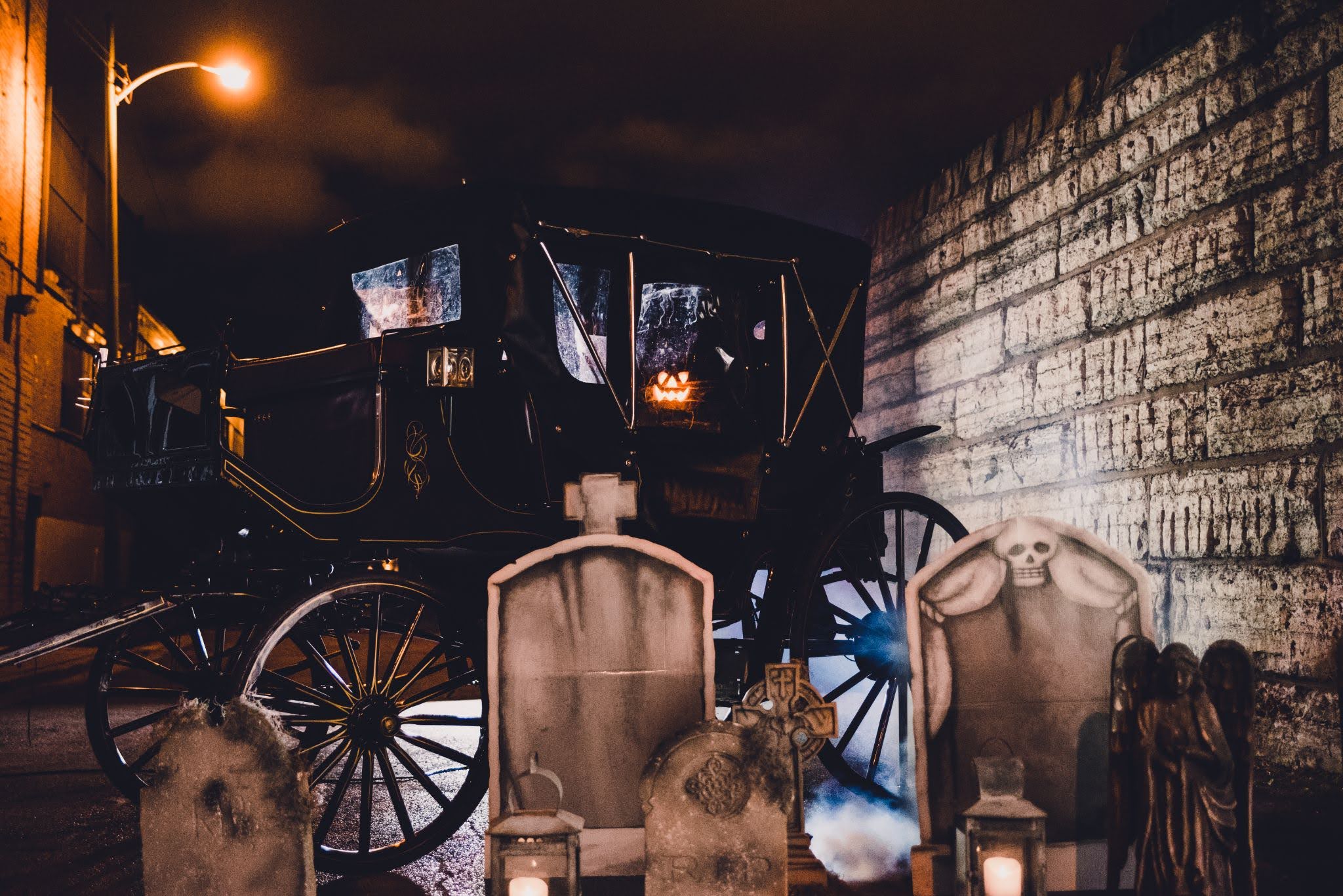In last month’s blog The Special Event, Part 1: Event Trends & Hot List 2019!, I highlighted some pretty great new products and trends for the coming year. If you missed it, you should go back and check it out, there’s some pretty cool stuff in there!
In addition to exposure to all of the new trends and products, my attending The Special Event 2019 in January put me right in the middle of some incredibly honest and insightful industry conversations, whether they were in the hallways, over a cocktail, during Aaron Kaufman’s “Unsession” or on the buses to/from the fantastic events, there were some “hot topics” waiting to surface.
As #EventProfs, we are passionate about cultivating trusting relationships with clients and vendors, engaging in healthy competition amongst our peers, and tirelessly, endlessly, relentlessly, spinning perceptions, projecting confidence, and using the smoke of concealment and mirrors of distraction to execute what is perceived as a flawless event. It should come as no surprise that it’s not common practice and is slightly uncomfortable for us to pause for a moment to clear the smoke and veil the mirrors in order to have real conversations, possibly highlighting flaws and vulnerabilities about the industry we work so hard at selling.
It makes us realize that our coveted super-hero capes are merely security blankets purchased by clients to empower us to be their creative genius, docents of best-practice, work-horses, or at times, scapegoats. For an industry obsessed with the perception of perfection, it’s sobering to recognize our flaws and challenges and to speak about them openly.
WARNING: If you care to keep reading (and I’m not offended if you choose not to – because I too was upset when Toto pulled the curtain back on the Great and Mighty Wizard of Oz…) these conversations were intriguing and often frustrating, enlightening and controversial, informative and polarizing, but most importantly, they were honest, vulnerable and healthy!
Part 2 of the TSE blog series is written for those of us that live and breathe the event industry and geek out on how to be, and do, better by the industry. Join me as I look through the smoke and mirrors and get “real” about some of the controversial challenges our industry faces today.
Here are a few of the prevailing hot button topics:
1. The industry is lacking a Barrier of Entry.
![]() At this point in time, anyone that wants to call themselves an “Event Planner/Producer,” “Wedding Planner,” “Experiential Marketer,” etc.… can. It’s as simple as printing business cards, developing a website and simply saying that you are what you say you are. Toss cash at some ads, and all of a sudden, these fresh new companies are being viewed and compared to companies that are well on their way to celebrating milestone birthdays. How do we as an industry govern this? How do we create a barrier of entry, legitimizing the talent pool beyond marketing tactics, and most importantly, help protect our clients from being wooed by the siren song of an unripe lemon?
At this point in time, anyone that wants to call themselves an “Event Planner/Producer,” “Wedding Planner,” “Experiential Marketer,” etc.… can. It’s as simple as printing business cards, developing a website and simply saying that you are what you say you are. Toss cash at some ads, and all of a sudden, these fresh new companies are being viewed and compared to companies that are well on their way to celebrating milestone birthdays. How do we as an industry govern this? How do we create a barrier of entry, legitimizing the talent pool beyond marketing tactics, and most importantly, help protect our clients from being wooed by the siren song of an unripe lemon?
2. Do Certifications Matter?
Another topic of discussion throughout the hallways of the San Diego Convention Center was whether or not clients see and understand the value that comes from certified professionals? More than 11,000 meeting professionals in 55 countries around the globe hold the Certified Meeting Professional (CMP) [1], but do our clients even know that there are professional certifications for this industry? More importantly, does our industry care enough to make certifications a differentiator, a symbol of commitment and dedication to the profession, defining the difference between a dabbler and a professional? Could this be one solution to helping create that barrier of entry?
![]() When hiring an accountant, one (hopefully) looks to confirm they have the CPA designation behind their name. Why would we not expect the same within the event industry when hiring planners and producers? Some of the top certifications include Certified Meeting Professional (CMP) [2], Certified Special Event Professional (CSEP) [3], and Certificate in Meeting Management (CMM) [4].
When hiring an accountant, one (hopefully) looks to confirm they have the CPA designation behind their name. Why would we not expect the same within the event industry when hiring planners and producers? Some of the top certifications include Certified Meeting Professional (CMP) [2], Certified Special Event Professional (CSEP) [3], and Certificate in Meeting Management (CMM) [4].
Would our clients purchase our services with more confidence if they knew that the person(s) they are hiring have met the minimum requirements, defined by the international standards of the industry, to be considered a professional? Would it help knowing that the person they are paying a premium for had to have a minimum of 3-years full-time employment in the industry and 25 clock-hours of continuing education within the past 5 years to simply apply to take the CMP exam, and that once they passed the exam, they had to sign a code of ethics prior to being given the CMP designation, and must participate in continuing education annually in order to keep their designation?
Doesn’t this sound in-line with most other professional organizations? Why is it that we aren’t moving in the direction of this becoming our industry standard, our barrier of entry, our baseline of professionalism?
3. Standardized Pricing Models
Our industry doesn’t have a standardized pricing model, and talking budgets and pricing is like talking religion and politics. Some companies work purely on commissions, others bill hourly, some charge project management fees, others use markups, and all are bidding on the same work. How do our clients compare bids when one company’s itemized pricing is inflated but has a lower hourly rate, versus another company that has a large “professional services fee” but lower itemized pricing?
![]() Ultimately, we are all in the business of making a profit. How we make that profit should be ethical and equitable. Our clients should feel confident and understand the value in their investment while we charge the appropriate amount to get the job done. If streamlining our pricing models will help decrease unethical business practices, minimize the confusion for our clients, and encourage honest competitive pricing, shouldn’t this be a more predominant conversation within the industry?
Ultimately, we are all in the business of making a profit. How we make that profit should be ethical and equitable. Our clients should feel confident and understand the value in their investment while we charge the appropriate amount to get the job done. If streamlining our pricing models will help decrease unethical business practices, minimize the confusion for our clients, and encourage honest competitive pricing, shouldn’t this be a more predominant conversation within the industry?
4. Charging for Proposals
For many of us, when we receive an RFP, we are being asked for much more than just checking inventory, pulling together a few numbers, and attaching a few photos. We are asked for anywhere between one to three fully-developed creative concepts, proposed logistical timelines, venue options, menu selections, entertainment, and graphic design options, and a fully-detailed budget for each. Alarmingly, during this session more and more industry professionals began to admit that proposals like this can take anywhere from 40-100+ hours to complete. To add insult to exhaustion, they are then handing over creative and logistical work-product, without a fee, in the hopes of landing the job! Sadly, far too often, we find out later that the RFP was just a fishing expedition for creative ideas, budget expectations and framing out a professional timeline.
![]() The days of this type of bidding is nearing an end. Many companies are now responding to these extensive RFPs with general capabilities presentations, perhaps a few case studies, and asking for a Letter of Intent or Consultation Fee before providing fully developed creative, logistical and budgeted proposals. Why we have spent decades giving away our product for free is beyond me – this is a change that I’m truly grateful for and fully support!
The days of this type of bidding is nearing an end. Many companies are now responding to these extensive RFPs with general capabilities presentations, perhaps a few case studies, and asking for a Letter of Intent or Consultation Fee before providing fully developed creative, logistical and budgeted proposals. Why we have spent decades giving away our product for free is beyond me – this is a change that I’m truly grateful for and fully support!
5. Managing Client Expectations, and our sanity….
Over the last few years, of the top 10 fastest growing populations, only 2 of these are actual countries. The majority of this growth is internet or social media platforms as shown in the infographic below. [5] Our accessibility to work, email, information, and each other, is unprecedented. Equally as unprecedented is the psychology behind this immediate communication and 24-hour access.
![]() The events industry is a service industry rooted in communication, where fire-drills occur regularly, quick-questions are seldom quick, and last-minute confirmations come at all hours. There is a common belief that we must always be available for our clients, that our working hours be flexible to their needs, and our responses immediate. The practice of work/life balance doesn’t seem to fit us, so we strive for work/life integration.
The events industry is a service industry rooted in communication, where fire-drills occur regularly, quick-questions are seldom quick, and last-minute confirmations come at all hours. There is a common belief that we must always be available for our clients, that our working hours be flexible to their needs, and our responses immediate. The practice of work/life balance doesn’t seem to fit us, so we strive for work/life integration.
Creating boundaries both within our offices and with our clients has become essential. The pace and expectations of the industry continue to increase while lead-time and patience decrease. Burn-out continues to plague the industry, however, some companies still believe the 10-hour minimum work-day is the unofficial industry standard regardless of the lessened productivity and creativity.
All of these variables are requiring us to change the conversation, both internally and externally. Our work environments need to accommodate this more fluid work structure while our conversations with clients need to be more focused on managing expectations, allowing for a more understanding and respectful relationship.
Final Thoughts
My experience at The Special Event proved to be so much more than just attending a conference, going to a few cool parties, and seeing all the new trends that are about to hit the market. Yes, all of those things happened, as did so much more! I came out of it inspired by the incredible work our industry colleagues are doing, humbled by the honest and vulnerable stories of success and failure shared amongst peers, excited about the new products and technology becoming available to us, encouraged that the industry is working hard to be and do better, and confident that for some reason, my career path has landed me right where I belong… totally geeking out about it all, amongst my tribe, proudly claiming my place in the live events industry as an event professional. This experience helped me realize, that on a national level, I am home. (Thanks Toto!)
Well, that was heavy! Here’s a video clip of the fun and flashy highlights of the week at The Special Event 2019!
Links to Referenced Content:





